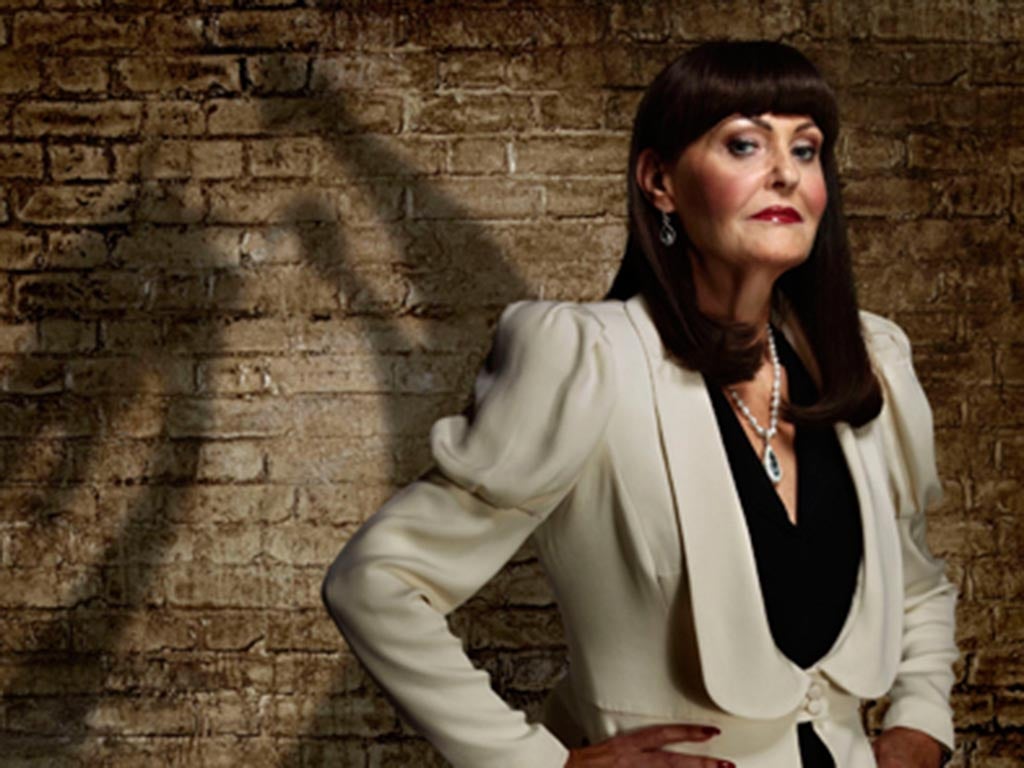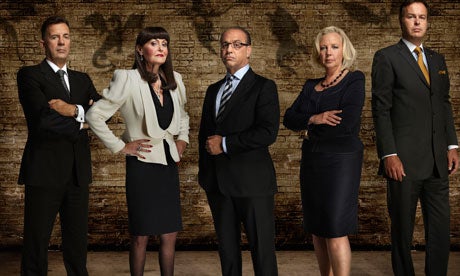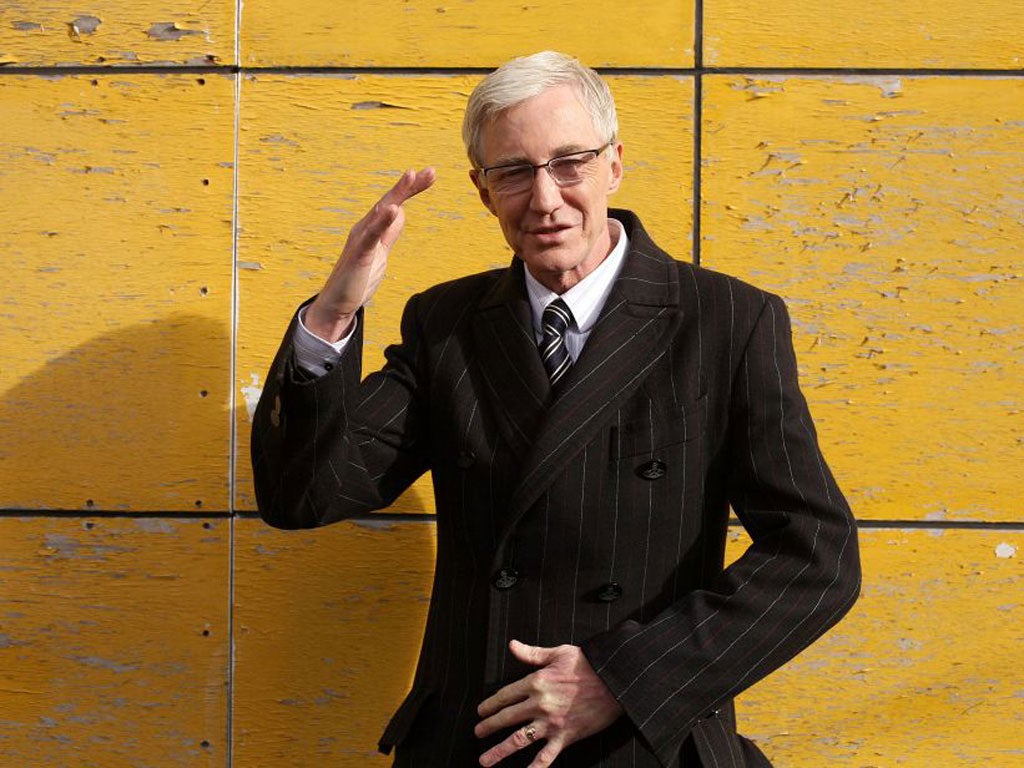Are regional accents discriminated against?
On TV, my voice has been both a point of ridicule and also embraced by the general public. We shouldn't hide where we're from as we get older

Your support helps us to tell the story
From reproductive rights to climate change to Big Tech, The Independent is on the ground when the story is developing. Whether it's investigating the financials of Elon Musk's pro-Trump PAC or producing our latest documentary, 'The A Word', which shines a light on the American women fighting for reproductive rights, we know how important it is to parse out the facts from the messaging.
At such a critical moment in US history, we need reporters on the ground. Your donation allows us to keep sending journalists to speak to both sides of the story.
The Independent is trusted by Americans across the entire political spectrum. And unlike many other quality news outlets, we choose not to lock Americans out of our reporting and analysis with paywalls. We believe quality journalism should be available to everyone, paid for by those who can afford it.
Your support makes all the difference.‘Great’ Britain is a curious paradox at times. As a society, we vacillate from pride in our multicultural make-up, embracing the huge amount of differences in our indigenous and immigrant cultures, to denigrating the peculiarities: feeling ashamed or hiding from what makes each of us unique.
As the new study on accents from the University of Manchester reports, this insecurity around what makes us individual actually causes psychological distress. People often feel guilt, like they are ‘selling out’, when they adapt their accents to be less regional, or more ‘posh’.
But why, we must ask ourselves, do a significant number of people, especially in the workplace, feel the need to alter their voices? Why, indeed, are we a conflicted nation? Does it really matter if you sound strongly like you are from Lancashire, speak with a Mancunian or Liverpudlian accent – three of accents found to be most frequently discriminated against – or even, have a distinctive Bolton-lilt, like me?!
While I grew up in Greater Manchester, I set up my company in the Midlands, and live in the South. And I have throughout my life worked with all sorts of people, from all different regions. I do not judge a character by their voice, and perhaps, having a strong accent of my own, my key interest is always to find the character within.

Yet, I know my own voice is also a strong part of my personality: in the workplace and latterly in the media. In my haulage company, Pall-Ex, my voice means I can mix with everyone, from the workers on the ground to the board members at the top. It can be turned to my advantage by meaning I can fit in and avoid alienating my employees, and is often considered to mean I am ‘straight-talking’ and honest, qualities which enhance your position as a leader. On TV, as well, my voice has been both a point of ridicule and also embraced by the general public. It makes me distinctive, some say humorous, and importantly, people do not feel intimidated but that they can get to know me. It is something which I have to embrace.
But knowing others do not feel so emboldened by their regional tones makes me question if we should treat such prejudice – described as ‘accentism’ – as we do racism, sexism, or religious intolerance. Is it a real issue we need to guard against?
The author of the study, Dr. Alex Baratta, argues, “most people modify their accent not because they lack pride in it, quite the opposite in fact. It’s actually because they fear the negative perceptions others might have of them if they don’t, especially in work-related contexts.” The ‘fear’ which is highlighted as a cause of accent modification, rather than explicit proof of discrimination or dislike of their area, suggests a concern borne out of supposition, rather than real-life marginalisation. Perhaps, it could be argued, people need to take greater pride, and have more faith, in that which is distinctively their own.

Gone are the presenters on nightly news programmes speaking in perfect RP; many TV and radio stations consciously embrace accents from different areas. Famous figures loved by the public, who have had great success, talk with the accents of the areas they come from. Jarvis Cocker, Paul O’Grady, Caroline Aherne, Rob Brydon; Sheffield, Liverpool, Manchester, Wales; there are a more and more examples of audible accents in ascension.
Perhaps, as Dr. Baratta suggests, teachers in British schools need to evidence their regional voices more. If children hear the people they look up to confidently expressing themselves, and their area, they may also do the same. You have to hear it to believe it perhaps, not only via the media, but in every day professional and educational settings. What is clear is that people need not assume that an accent will count against them, and instead should keep in mind the adjective of the isle, to be ‘great’. It is more important to use correct grammar in the right context, whatever your accent, as this will prove your intelligence far more than supposedly perfect elocution. The United Kingdom is a sum of its parts, and if you have an accent or not, you are likely to feel strongest and achieve highly if you are true to yourself.
Award-winning Entrepreneur, Hilary Devey CBE
Join our commenting forum
Join thought-provoking conversations, follow other Independent readers and see their replies
Comments